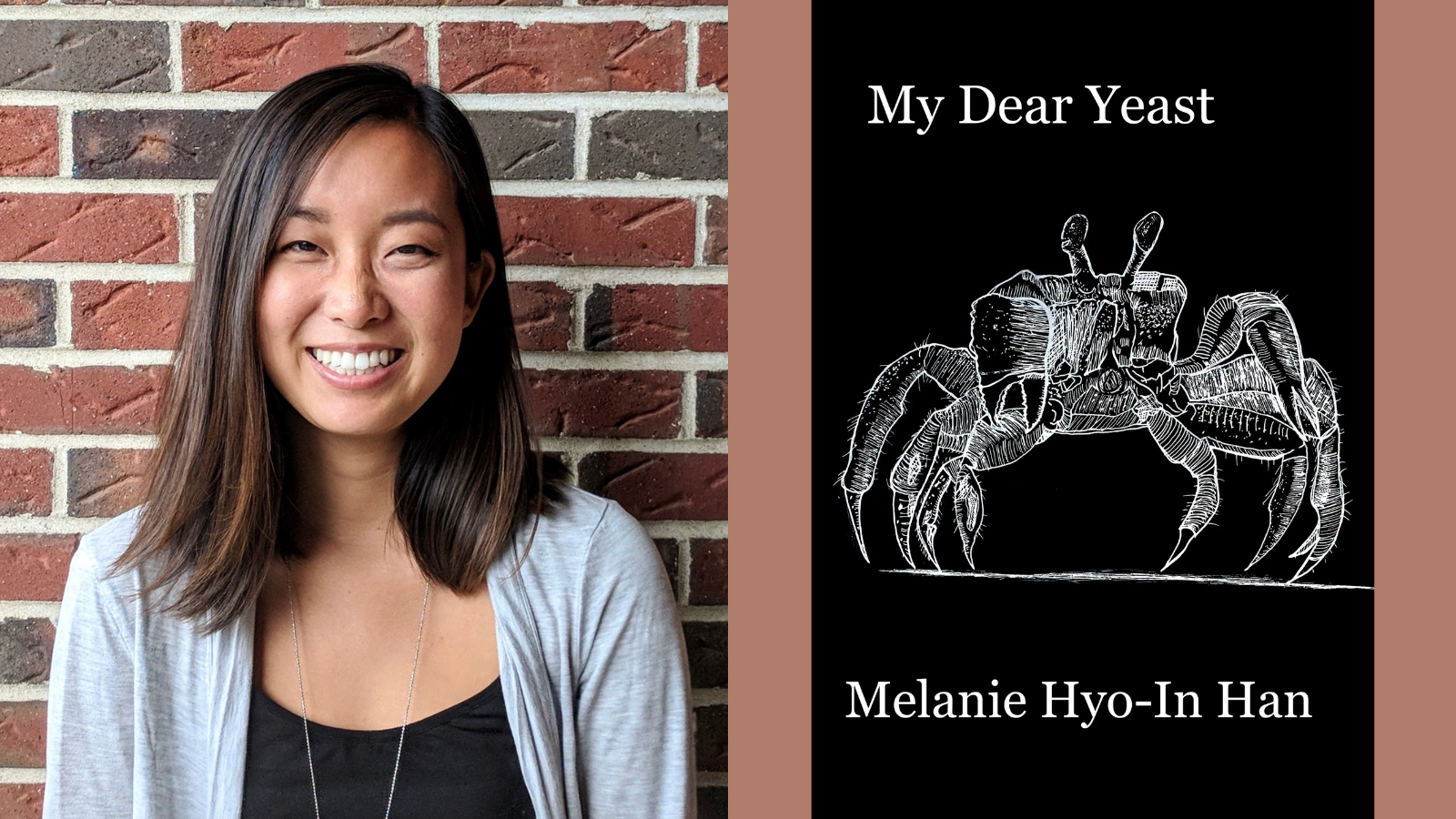-

Beyond the Clock to a Sacred Phenomenology of Time
-

‘Love Is Blind’ and the Atomization of Finding a Mate
-

‘My Dear Yeast’ – An Interview with Poet Melanie Hyo-In Han
Poet Melanie Hyo-In Han discusses the importance of honesty and recognition of loss within her identity as a third culture kid.
-

What ‘Beowulf’ Says About the American Incarceration System
-

2023 Erraticus Award Winners Announced
Erraticus experienced an increased number of blog posts responding to essay contributions, revealing readers’ eagerness to engage in meaningful dialogue.
Damn the Absolute!
A podcast about our relationship to ideas. Doing our damnedest not to block the path of inquiry. Hosted by Jeffrey Howard.
view episodes: Trusting Again: On the God Emerging From Faith Reconstruction
★★★★★
“Cool to see a less dogmatic angle toward philosophy and politics. Wish I had known about pragmatism and pragmatists much earlier.”
The Localizer
★★★★★
“Good interview-based podcasts depend on good interviewers who can ask insightful questions without forcing the direction of the conversation. Jeffrey Howard is one of those interviewers who really makes a conversation flow, and that makes this one of the top podcasts. Highly recommmend it!”
SODAKSUFU
★★★★★
“Erraticus has made a point of engaging with big ideas in a decent and open way. I’m happy to see this continuing in a show about pragmatist thought. This is definitely a philosophy podcast to watch if you’ll excuse the synesthesia. Can’t wait for more to come out.”
Ralph Keenan, Esq.
Essays on Pragmatism
Democracy
-

Embedded into every tool is an ideological bias, and unless we continually re-evaluate new technologies, we may end up within a technopoly.
-

In defending liberalism, the philosopher Richard Rorty argues that there is no difference—in practice—between aiming at justification and aiming at something more called truth.
-

American politics is in peril. Now is the time to replace our broken bargaining tables with more deliberative democracy.

